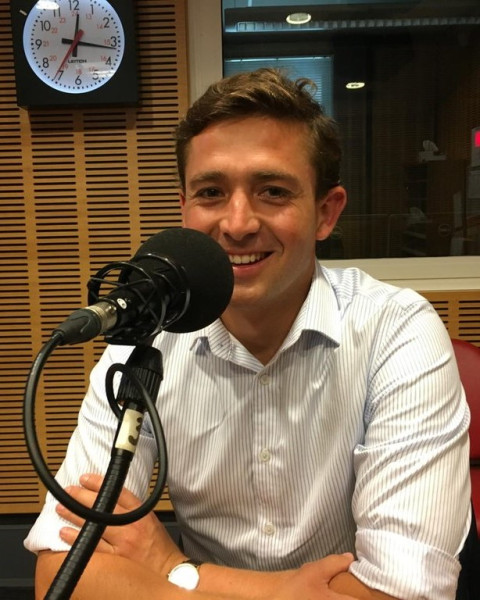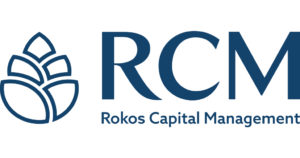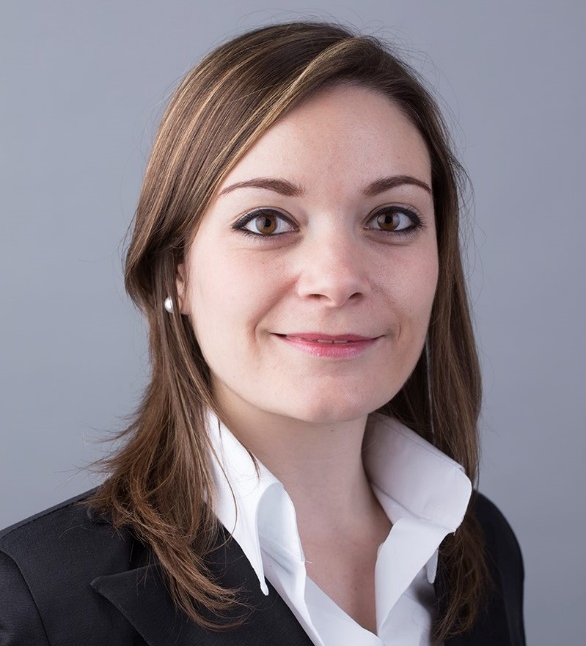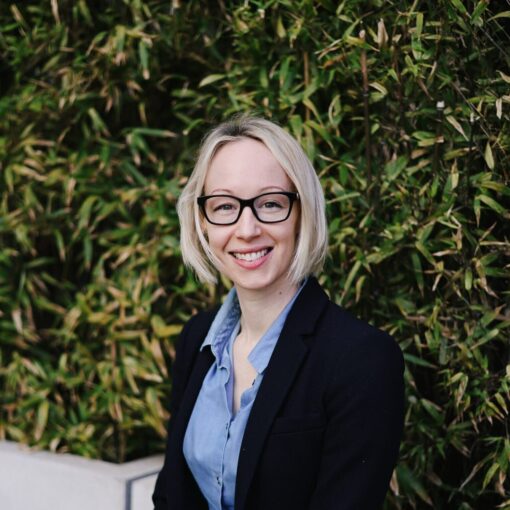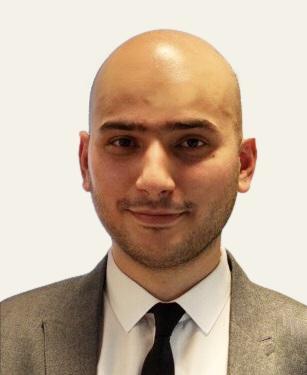D.Phil in Economics, University of Oxford (2014)
| Economist | |
|---|---|
| Rokos Capital Management | |
Year entered into a non-academic position: 2017
Job highlight: Following current events all around the world and trying to figure out what happens next.
My research training set me up to… break big problems down into small ones, think clearly from first principles, and be confident in presenting my opinions.
What’s your background?
My undergrad was in Actuarial Studies and Finance at UNSW (Australia), followed by an M.Phil and D.Phil in Economics at Pembroke College, Oxford. I then worked for three years as an ESRC Future Research Leaders Fellow at Oxford, followed by an Assistant Professorship (tenure-track) at the University of Sydney. Throughout this time, I also did various bits of advisory work for central banks, international organisations and the private sector.
Why did you move away from academia?
There were three main reasons. The first was that I was interested in current events, which tended to slip by when I focused on research. Second, I wanted a really objective way to test and round-out my understanding of economics, and the financial markets were the perfect place to do this. Third, I wanted a shorter delay between having ideas and implementing them, which can take years in academia.
Is there anything you miss about academia?
The flexibility of working where and when you like.
How did you get this job?
I spoke to contacts in my college, department and the careers service at Oxford and followed leads from there.
Did you think you had the skills required for your current position before you started? Were you right?
I thought that there would be a lot to learn, but that my academic background would give me a good foundation, which is pretty much how it turned out.
The PhD gave me the skills to work independently and question received wisdom, which is very helpful in financial markets. It also taught me how to break down large problems, work from first principles, and confidently present my opinions.
Did you have any preconceptions about your sector that proved to be wrong?
I thought that it might involve very long hours. Although I do sometimes need to be up in the middle of the night to watch events taking place in Asia, I tend to leave the office at a civilized time (~6:30pm) and my weekends are typically free (which wasn’t always the case during the PhD).
Can you describe a typical week in your job?
I typically start each day by catching up on any overnight news that might be relevant for the markets that I cover. I then translate this news into probabilistic forecasts for things like interest rates and exchange rates, using a combination of econometric models and judgement. Subsequently, I highlight any differences between my forecasts and the market, which then gives rise to trades for the Fund. Beyond this core process, I spend a lot of time discussing current events and market moves with colleagues, working to improve our forecasting models, and bemoaning the state of politics around the world.
What’s the workplace culture like?
I work in a research team of around 10 PhD-level economists, so it’s pretty scholarly to be honest. Everyone really values being methodical, logical, data-driven, and in touch with state-of-the-art methods.
How did your PhD prepare you for your current job? For example, what were the transferable skills that you developed during your PhD that are most relevant to your current job?
My studies prepared me in terms of both content and skills. “Global macro” investing basically involves putting probabilities on how you think the global economy will evolve in the future. Actuarial Studies taught me to think probabilistically, and Economics taught me how all the pieces of the world economy fit together. More broadly, the PhD gave me the skills to work independently and question received wisdom, which is very helpful in financial markets. It also taught me how to break down large problems, work from first principles, and confidently present my opinions.
What are your favourite parts of your job?
I really enjoy thinking about the major policy and economic issues of the day: how they should be resolved, how they are likely to be, and how the market thinks they will be. It’s also great fun to then translate these views into trade ideas, and see objectively whether I’m right or wrong. It’s nice to have an “action” to take at the end of all the analyses.
What are your reflections on your (future) career path?
Economics is a great discipline. It combines the analytical rigor of the hard sciences, with the humanities’ insight into the human condition. It also opens you up to a huge range of opportunities, from finance and the private sector, to academia, public policy and the non-profit sector, and I’ve been lucky to gain an insight into many of them.
I wanted a shorter delay between having ideas and implementing them, which can take years in academia.
Do you have any advice for current graduate students and postdocs considering a career outside of academia?
While you’re studying the goalposts are pretty clearly given to you: ace the exam, finish the thesis, pass the viva, etc. The great thing about life after study is that you choose where the goalposts are: where you live, the impact you have, how much you earn, your work/life balance. When you are deciding on what your goalposts will be, speak to as many people as you can to get a feel for what’s out there.
Can you recommend any relevant resources, organisations or events that might help somebody new to the sector find out more about it?
Recruiting events at university campuses are a great place to start. Rokos Capital Management typically runs university recruitment events each year, and we would love to see you at one. We also advertise open positions on our website at www.rokoscapital.com/home#careers, and welcome any applications.
RCM is an alternative asset manager that targets consistent long-term returns for investors within a well-defined risk framework. Assets under management are in excess of USD 9 billion. RCM is predominantly active in global macro strategies and focusses on the major macro asset classes including interest rates, FX, equities, credit, and commodities in developed and emerging markets. The investor base is institutional in nature, and diversified by investor type and by geography. A small group of experienced Portfolio Managers with complementary, intersecting skillsets take controlled risk on an opportunistic basis. The investment process is supported by economic research and quantitative analysis to capture and organise data, inform and improve decision making, and maximise efficiency of trade expression.

